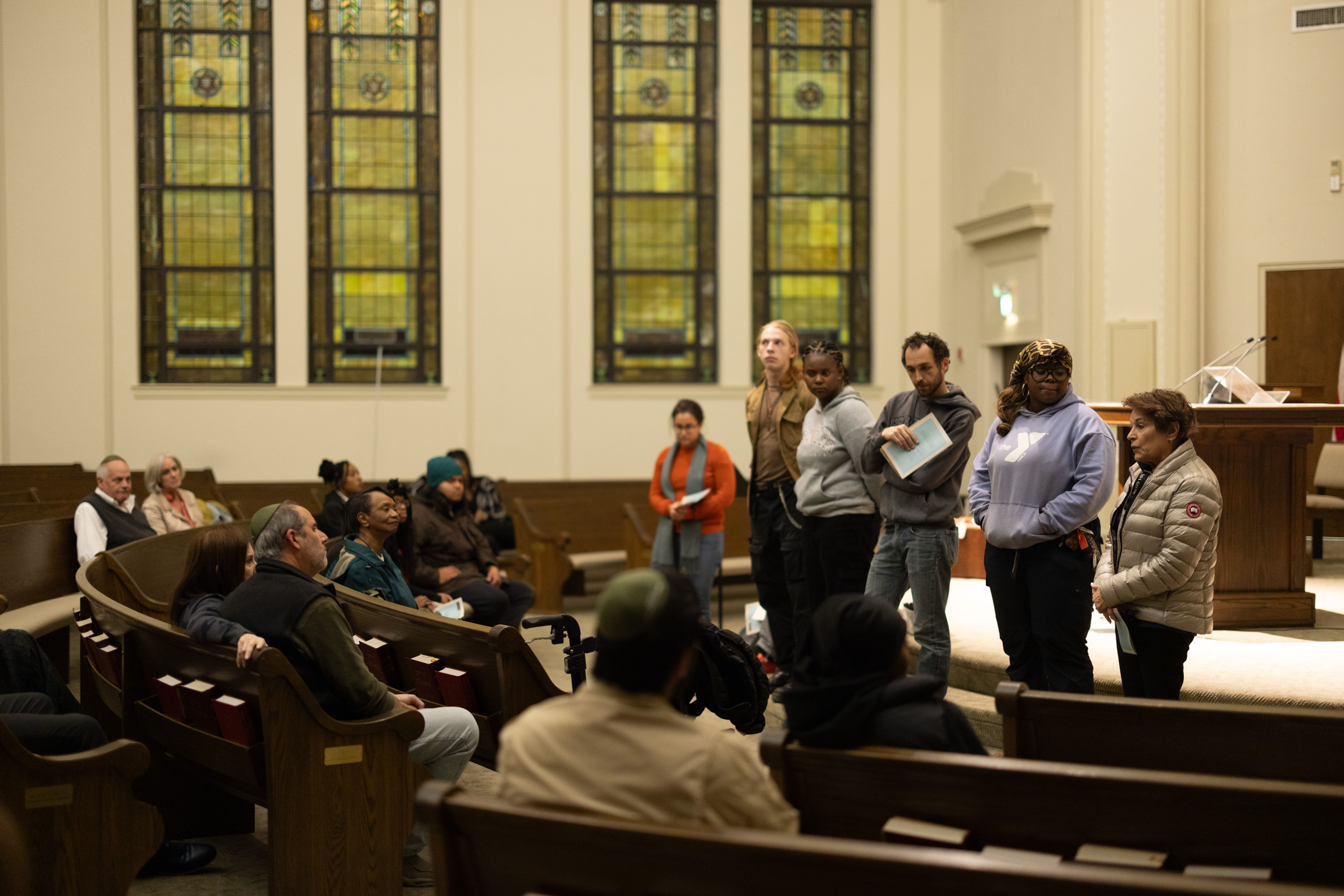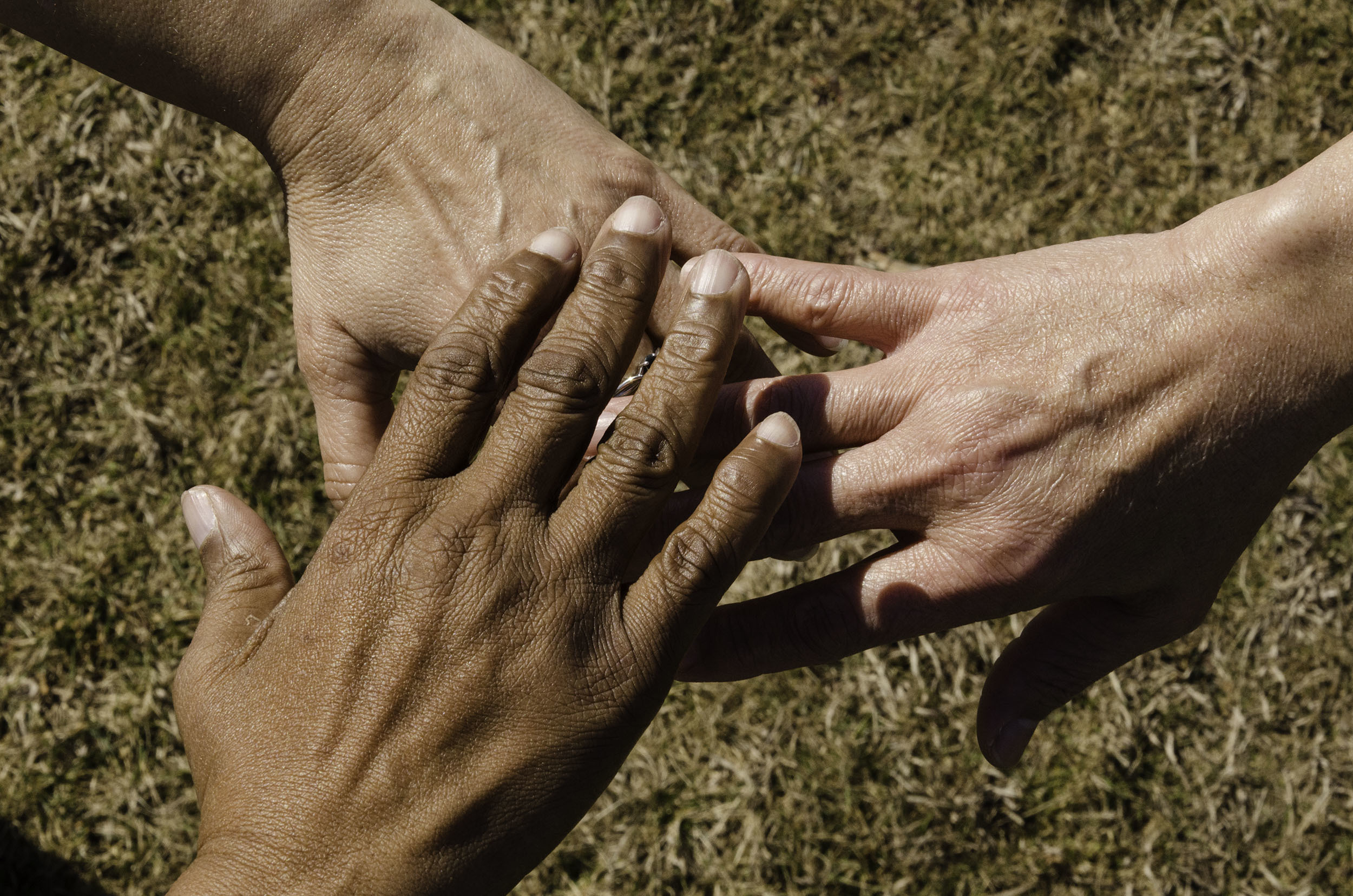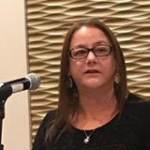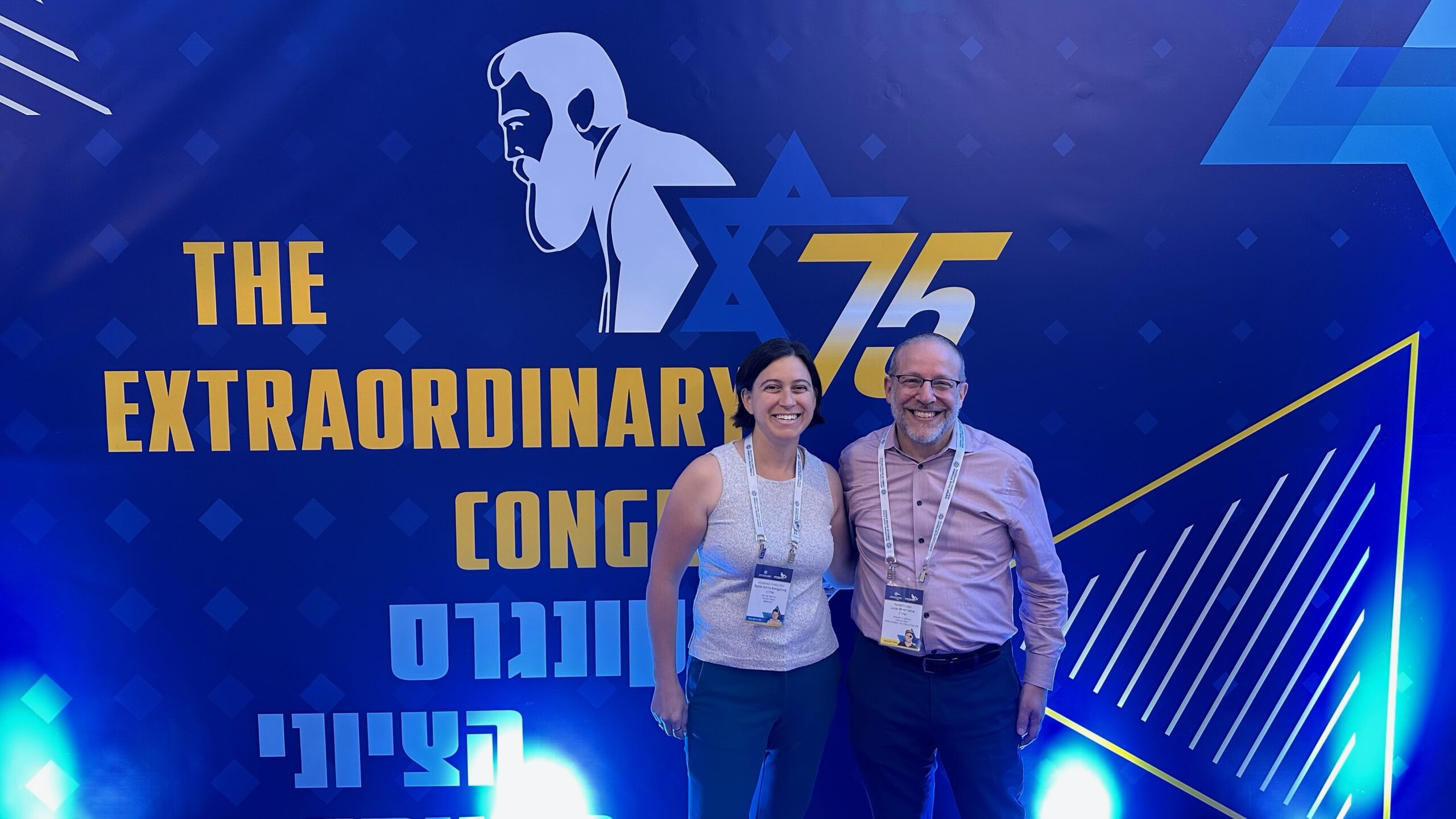In Judaism, good things come in “fours” (also “threes,” “sevens,” “tens,” and a few other significant numbers). Of course, the number “four” is particularly significant at the Passover seder. There are four promises of redemption in the Torah. Four cups of wine. Four children. Four pieces of matzah (once we break the middle one in half). And, of course, four questions.
The seder uses questions to encourage curiosity and reflection as well as appreciation for the miracles in ancient times and today. I see the continued thriving of synagogue life over more than 2,000 years as yet another miracle – one that has saved Judaism and Jewish life over the centuries, and one which I have every confidence will continue to do so for generations to come. But like all miracles, synagogue life will require us to be steadfast partners with God in the holy work of creating thriving Jewish life. As synagogue leaders, what are our four questions at this critical point in the evolution of synagogue life? Here are my “four questions for synagogue leaders” this Passover:
- How can we put “people” over “program?” For decades, we’ve seen synagogue life as a set of “programs”–worship, Shabbat meals, social get togethers, good deeds days, religious school, adult education classes. Programs may continue to be the tools to make that happen, but how would their design be different if they became tools for personal growth and building community, and we measured their impact on that basis?
- How can we make synagogue leadership sustainable? A shortage of clergy, educators, synagogue professionals, and lay leadership is clear at every level. Some of this is a “pipeline” issue, but some of it is also how challenging synagogue leadership has been these past two years. How can we help clergy, professionals, and lay leaders find better life/work balance? Could we give our professionals an extra “sabbatical” over the summer, and encourage time for self-care? Can we recruit a Sulam for Emerging Leaders cohort to bring in more volunteer leaders?
- What is our “Torah”? What makes our approach to Jewish life unique? I like to say that we are all about “Becoming” – helping people become their best selves; “Belonging” – forming strong communities; and “Experiencing” – making meaning of life’s journey. As we emerge with new perspectives from two challenging pandemic years, how is our work and our message in each of these areas changing?
- How can we move from “control” to “empowerment?” Too often lay leaders, clergy, and synagogue professionals see one another as adversaries rather than partners in creating strong congregations. What are our common goals and dreams in our synagogues, and how can we empower each other to achieve them?
As we celebrate Passover, and as we pray for a more peaceful and healthy world, I look forward to answering these questions together as we partner in strengthening our congregations and Jewish life. Hag Sameah!









